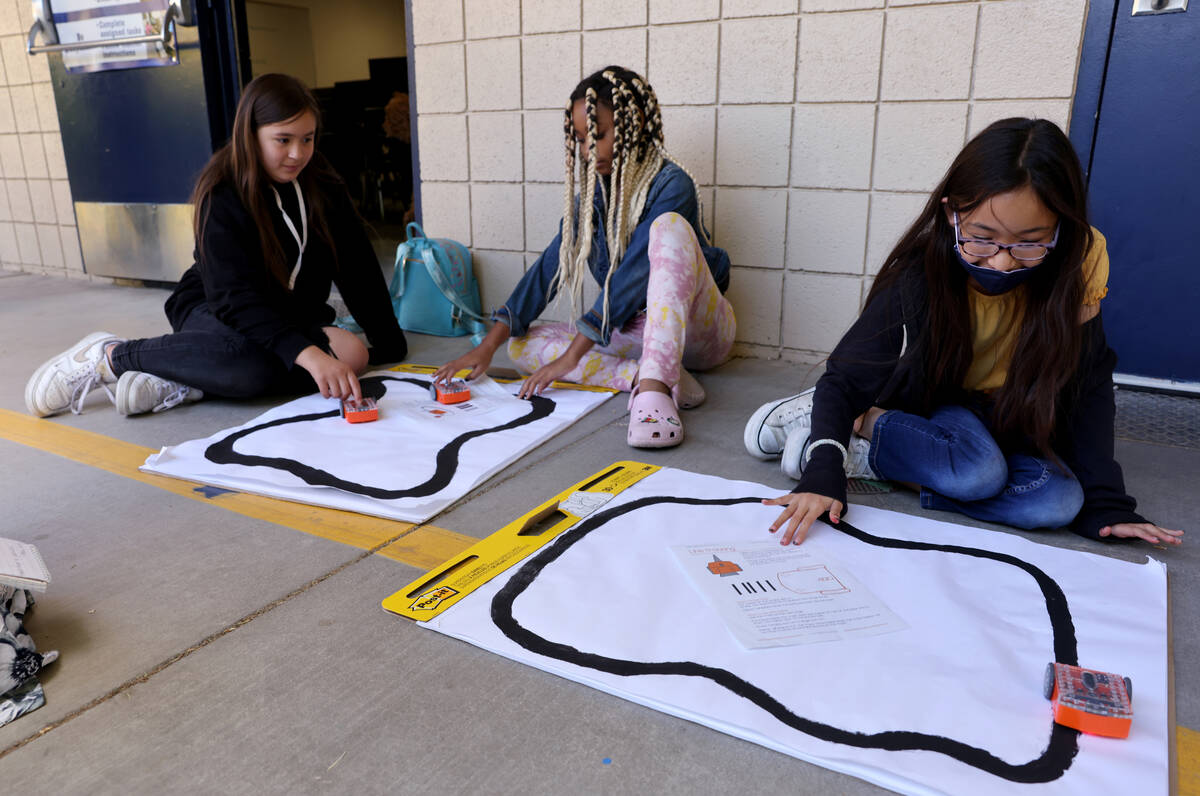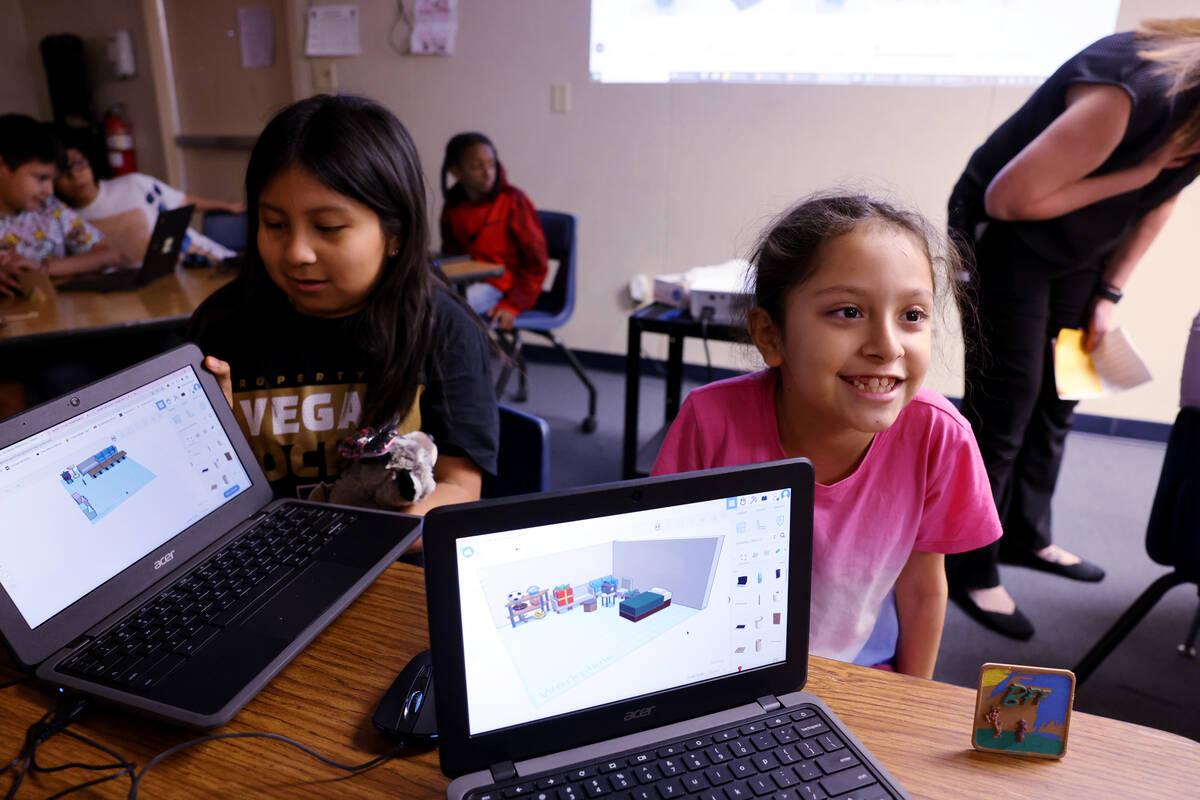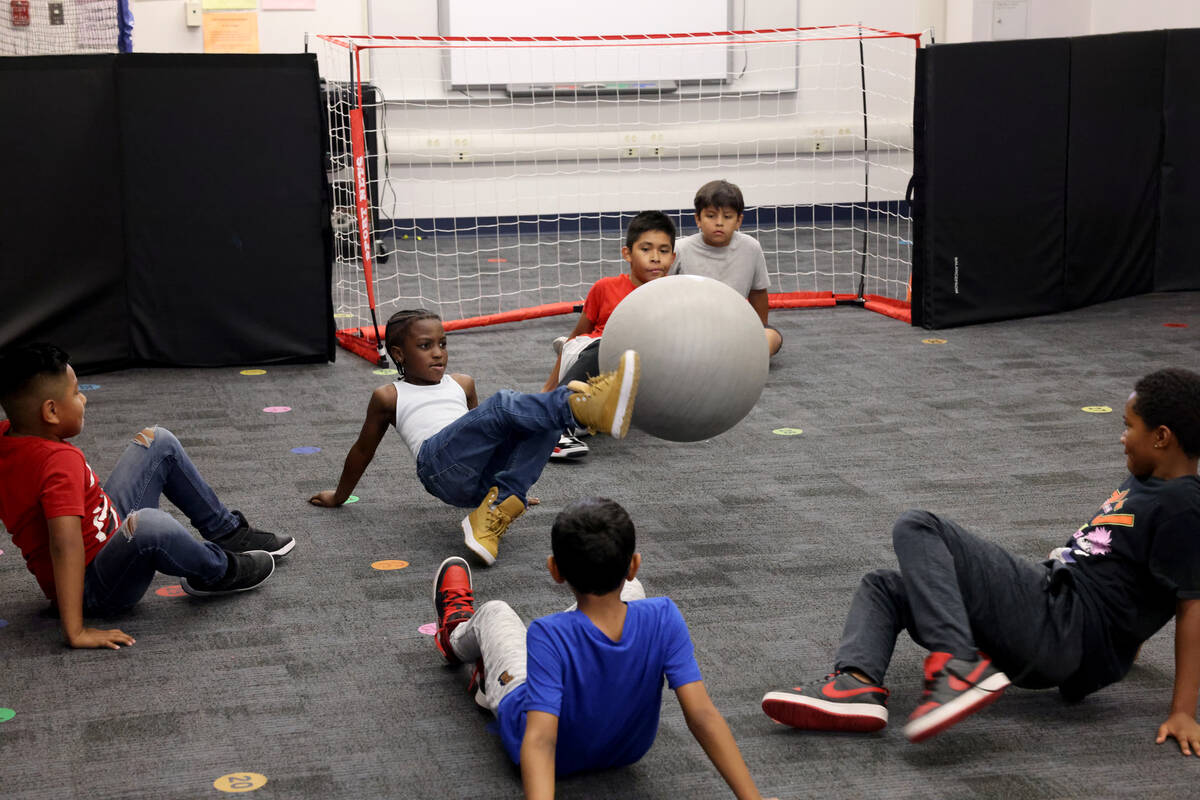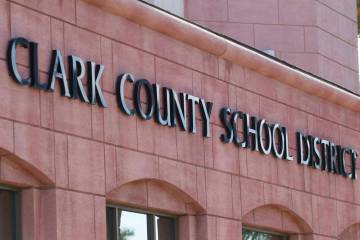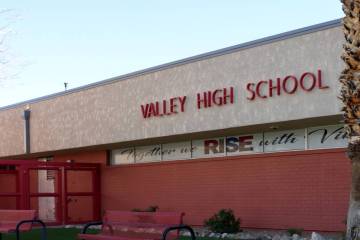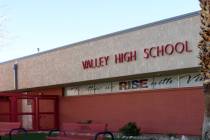CCSD isn’t offering Summer Acceleration this year
The Clark County School District will no longer offer Summer Acceleration, a COVID-19 pandemic-era program that was free for families.
Districtwide Summer Acceleration will no longer be funded centrally, the school district said in a statement this month to the Las Vegas Review-Journal.
But as in years prior to the pandemic, individual schools have the option of using “available site-based funds” to offer summer learning opportunities, the district said.
The district will offer other summer programming as usual, including Extended School Year for students who have disabilities, secondary summer school at eight high schools with credit retrieval options for middle and high schoolers, and classes through the online Nevada Learning Academy.
Some parents have been asking about whether Summer Acceleration will be offered this year, said Rebecca Garcia, an administrator for the “CCSD Parents” Facebook group.
“There’s definitely been some questions floating around as to whether or not it’s going to happen,” she said last week.
Garcia said she doesn’t recall an official school district announcement to families about Summer Acceleration.
The program started in 2021 shortly after students returned to in-person classes following a year of distance learning and it was offered for three summers. It was funded using federal coronavirus relief money, which sunsets in September.
The three-week Summer Acceleration program was free for any student in preschool through 12th grade who wanted to participate.
Summer school days included a mix of academics and extracurricular activities, including a focus on social-emotional well-being.
Last year, more than 79,000 students — about 26 percent of those enrolled in the school district — participated.
Feedback from families ‘very split’
Feedback from families about Summer Acceleration was “very split” because it was administered differently at each school, Garcia said, and that dictated whether parents saw it as valuable.
“Because each school is allowed to choose how to do it, it looks so different,” she said. “It’s hard to say how successful it is.”
Garcia said she thinks schools did well using it to expand relationships, get students engaged and boost credit retrieval.
She said it was also “really positive” when her son was an incoming ninth grader who was able to participate the summer before high school, but noted not all high schools invited incoming freshmen.
Although schools aren’t prevented from offering Summer Acceleration on their own, the biggest challenge is paying for bus transportation, Garcia said.
“The transportation makes it very cost prohibitive for a school to do it,” she said.
A few school principals contacted by the Review-Journal — including at McCaw STEAM Academy, a magnet school in Henderson, and Tate Elementary School in northeast Las Vegas — said they’re not planning to offer it.
At Rowe Elementary School near UNLV, “we are not planning to offer Summer Acceleration because we just don’t have the money to afford it,” Principal Jeff Schaber wrote in an email to the Review-Journal.
“Also, when we look at how much it would cost to fund Summer Acceleration compared to what that would give us throughout a school year,” he wrote, “the benefits of putting that money throughout a school year outweigh the 15-20 days of summer acceleration.”
Contact Julie Wootton-Greener at jgreener@reviewjournal.com. Follow @julieswootton on X.



